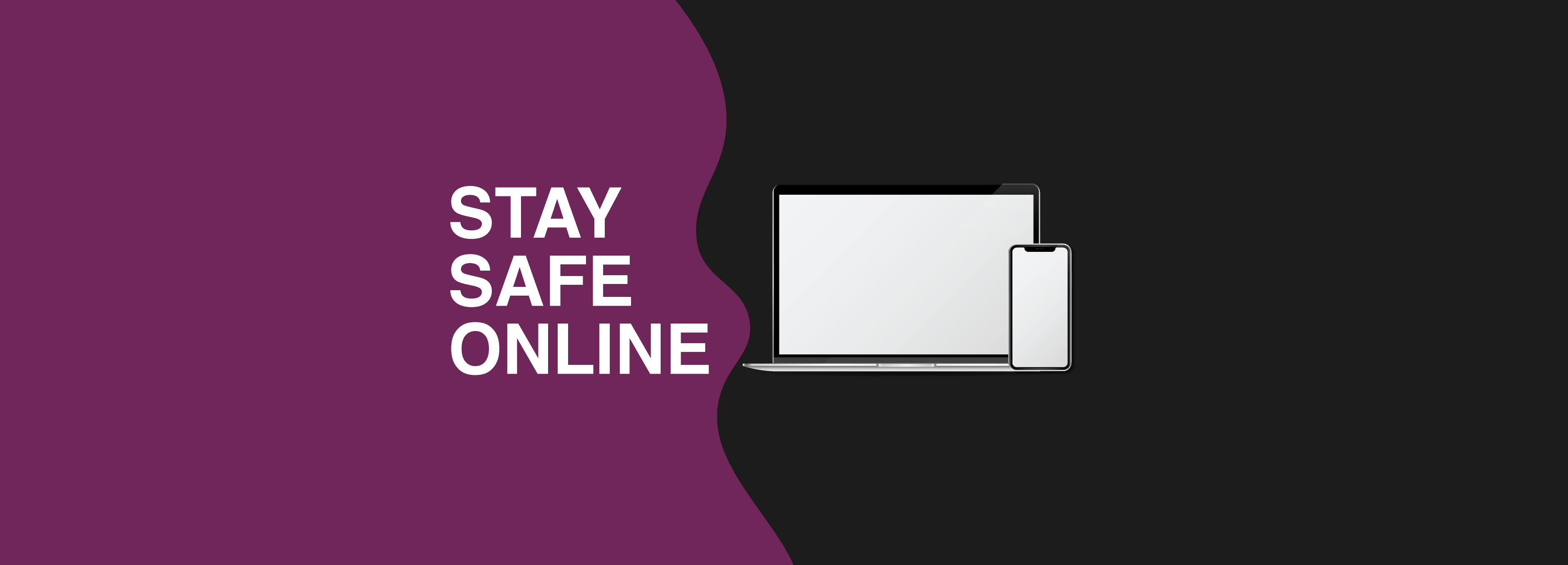
Online gaming and social media platforms, like Twitter, Snapchat and video calls, are a great way to stay in touch with friends and family, share your thoughts and ideas and connect with like-minded people.
Unfortunately, whilst rare, there are negative influencers and online groomers who use the internet, social media and online gaming to spread their extreme ideas, which students can be exposed to. Some of these ideas may be considered radical or extreme.
College of North West London would like to provide students with guidance to ensure all students are safe online.
Social networking sites
The risks
- Disclosure of private information by either yourself or friends/contacts
- Bullying
- Cyber-stalking
- Online grooming and child abuse
- Encountering comments that are violent, sexual, extremist or racist in nature, or offensive activities and hateful attitudes
- People trying to persuade or harass you into changing your basic beliefs or ideologies or adopt an extremist stance
- Prosecution or recrimination from posting offensive or inappropriate comments
- Phishing emails allegedly from social networking sites, but actually encouraging you to visit fraudulent or inappropriate websites
- Friends’, other people’s and companies' posts encouraging you to link to fraudulent or inappropriate websites
- People hacking into or hijacking your account or page
- Viruses or spyware contained within message attachments or photographs
- You or a family member posting that you're away or going away on holiday and therefore advertising that your home is empty. If you do so and make an insurance claim for a burglary while you are away, your insurance company may reject it for this reason
Safe social networking
- Do not let peer pressure or what other people are doing on these sites convince you to do something you are not comfortable with
- Be wary of publishing any identifying information about yourself – either in your profile or in your posts
- Pick a user name that does not include any personal information
- Set up a separate email account to register and receive mail from the site
- Use strong passwords
- Keep your firewall running
- Play only with authorised versions of games which you have purchased from the correct sources and for which you have a licence
- Verify the authenticity and security of downloaded files and new software by buying from reputable sources
- Choose a username and/or personal profile that does not reveal any personal information
- Use strong passwords
- Don’t reveal any personal information to other players
- Make sure you keep the game software up to date. Be very wary about downloading any unauthorised program relating to the game
- Watch out for scams and cons when buying or selling ‘property’ that exists inside a computer game, in the real world
- Read the manufacturer or hosting company's terms and conditions to make sure there will not be any hidden charges
- When disposing of your gaming device, ensure all of your personal information has been deleted. Do not forget to delete your account details, and backup or transfer your games to your new device if appropriate
Online Radicalisation
The risks
Vulnerability to extremist grooming and brainwashing via social media sites, chatrooms, texts, instant messages and online gaming.
How to guard against online radicalisation
If you are approached or groomed, think long and hard about the consequences of radicalisation to yourself, your family and friends, and your basic values.
Keep an eye on family members, friends and others you think may be susceptible to radicalisation. Have their behaviour patterns changed? Have they become withdrawn or introvert for no apparent reason? Has their belief structure altered? Are they making unusual travel plans? Are mutual friends and acquaintances also concerned?
Report online material promoting terrorism or extremism
You can report what you believe to be such material on the government website here.
If you're reporting a terrorist or extremist incident that's happening right now - or if there's a threat to someone's life - call 999 immediately. You can also report suspicious activity by contacting the police in confidence on 0800 789 321 without delay, or at gov.uk/ACT
More information
If you would like to speak to someone at the college confidentially, you can contact us at: safeguarding@ucg.ac.uk
